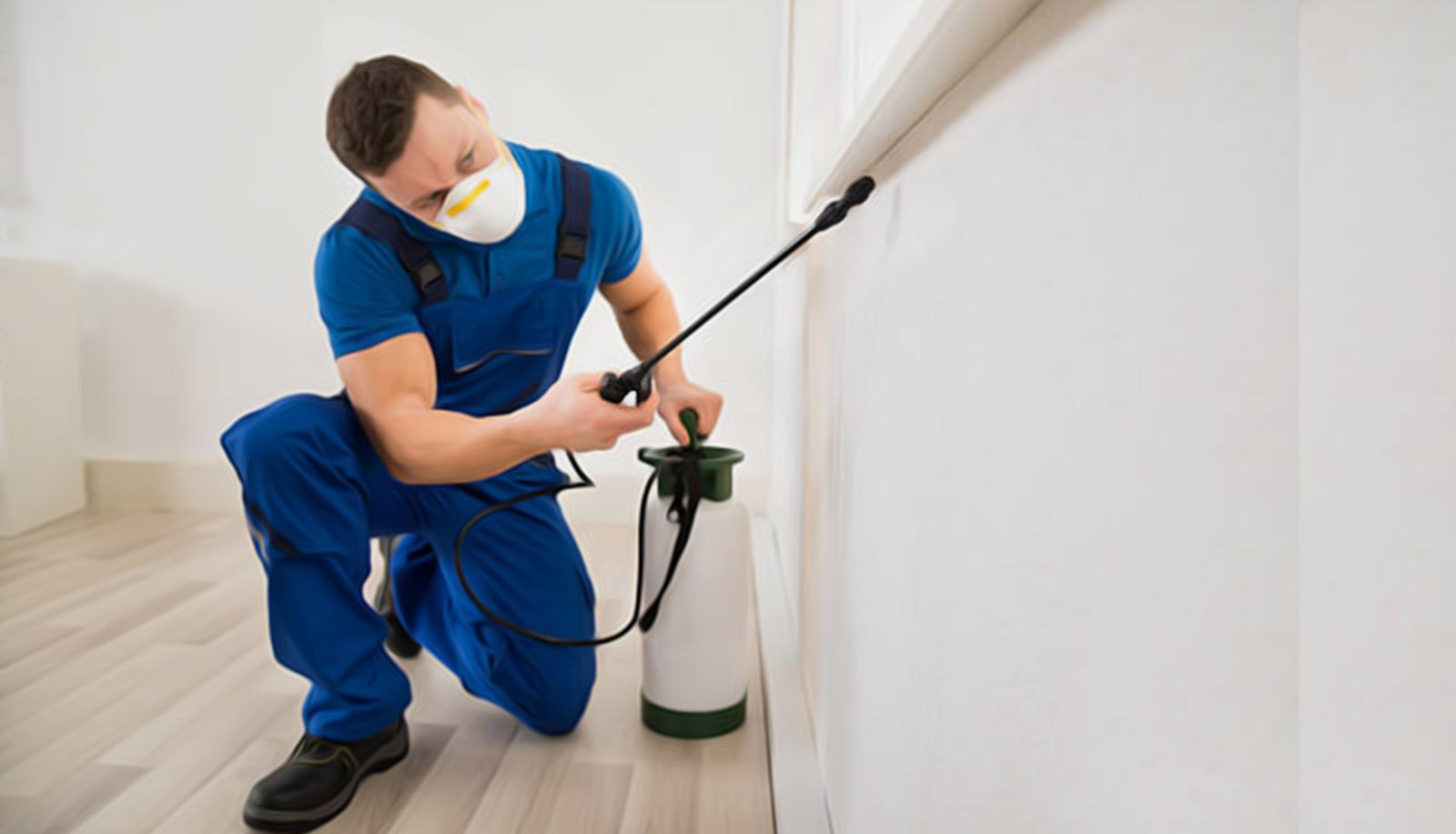
Safe Pest Control for Agricultural Consulting
admin
- 0
As agricultural consultants, our primary goal is to help farmers and growers increase their crop yields and maintain the health of their crops. However, one of the biggest challenges in achieving this is dealing with pest infestations. Pests can cause significant damage to crops, leading to economic losses for farmers and reduced food production. Traditional pest control methods involve the use of harmful chemicals that not only harm the environment but also pose a threat to human health.
Thankfully, there are now safe pest control options available in the agricultural industry that are not only effective but also environmentally friendly. In this article, we will discuss some of these safe pest control methods that can be used by agricultural consultants.
One of the first safe pest control methods that come to mind is biological control. This involves using natural predators or parasites of pests to keep their populations in check. For example, ladybugs are natural predators of aphids and can be introduced into fields to control aphid infestations without harming other beneficial insects or pollinators.
Another safe option is cultural and mechanical controls which involve manipulating environmental factors or physically removing pests from plants. Cultural controls include practices such as crop rotation, intercropping with https://www.wordofmouth.com.au/reviews/safe-pest-control-neutral-bay-nsw companion plants that repel pests naturally, or implementing trap cropping techniques where specific plants attract pests away from main crops.
Mechanical methods include using traps or barriers like sticky tapes or physical barriers like nets to prevent pests from accessing crops. These non-chemical options not only reduce potential environmental harms but also have minimal effects on non-target organisms.
In addition to these methods, there has been a rise in popularity for organic farming practices among consumers who demand pesticide-free produce. As such, many farmers have started adopting organic farming practices which utilize a combination of cultural mechanisms such as composting and crop rotation along with biological controls like releasing beneficial insects into fields.
Integrated Pest Management (IPM) combines all these strategies mentioned earlier – biological controls along with cultural and mechanical methods with the careful use of pesticides. IPM involves a thorough understanding of the pest and its lifecycle, regular scouting, and monitoring to determine if and when chemical intervention is necessary. This approach minimizes the use of chemicals while still effectively controlling pests.
In conclusion, safe pest control options exist within the agricultural industry that can help maintain healthy crops without causing harm to humans or the environment. As agricultural consultants, it is our responsibility to educate farmers about these options and encourage them to implement them into their farming practices for sustainable crop production. By utilizing safe pest control methods, we can ensure increased yields while also preserving our delicate ecosystem for future generations.


